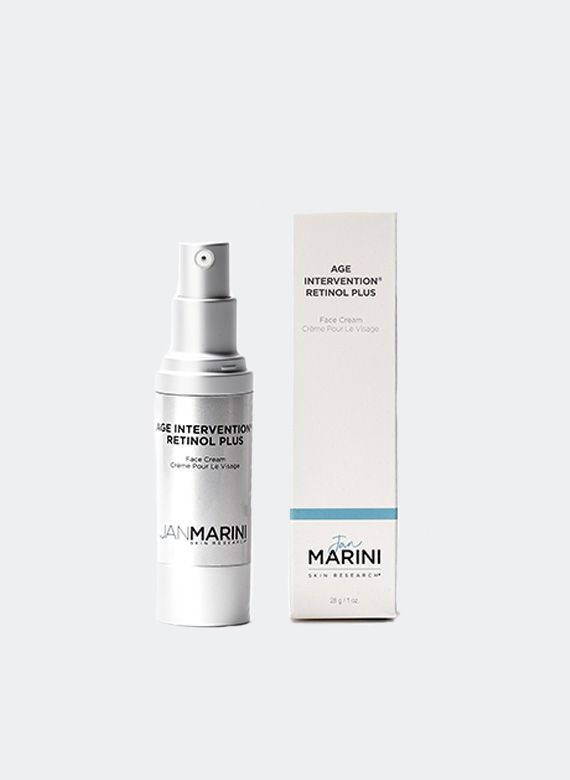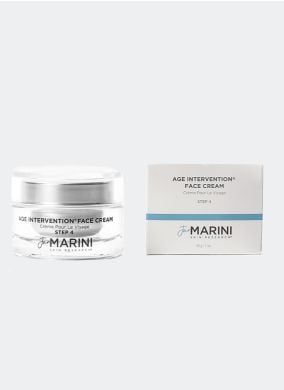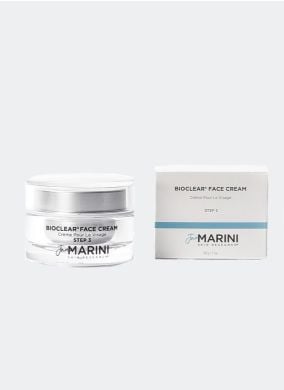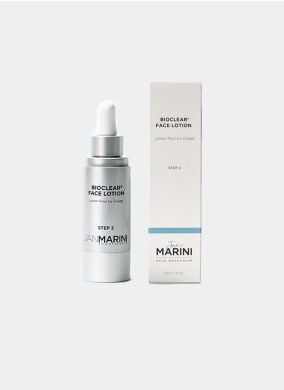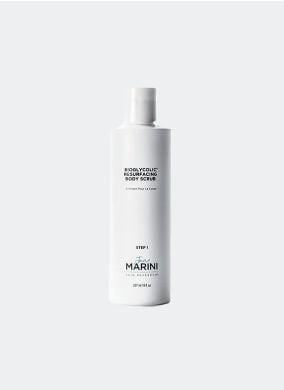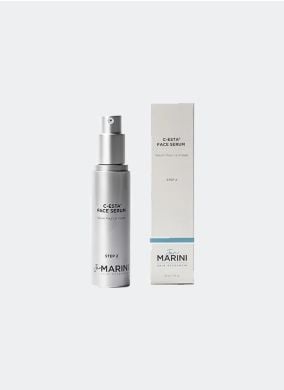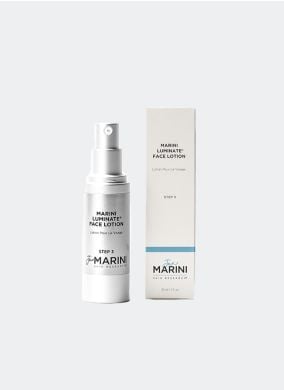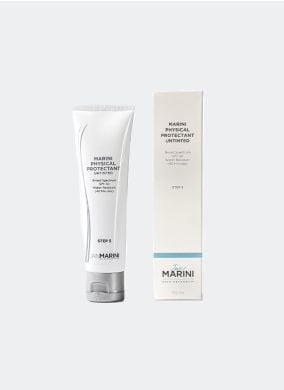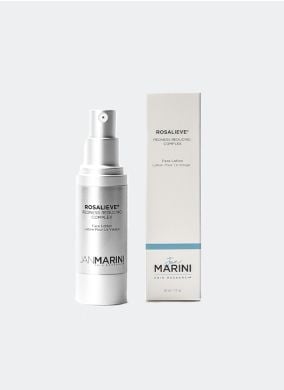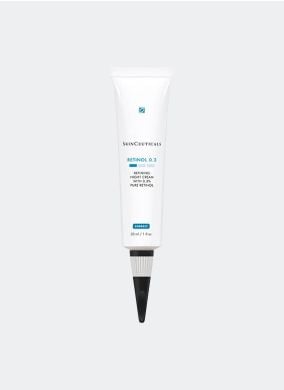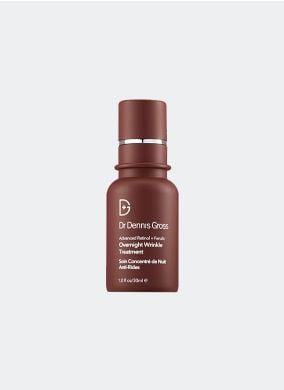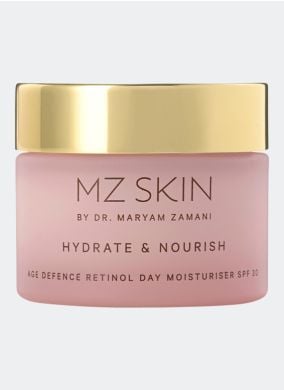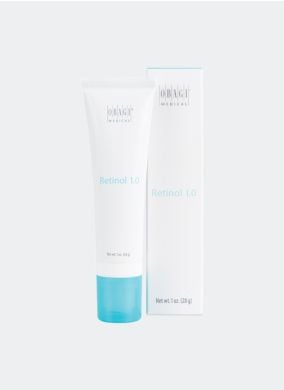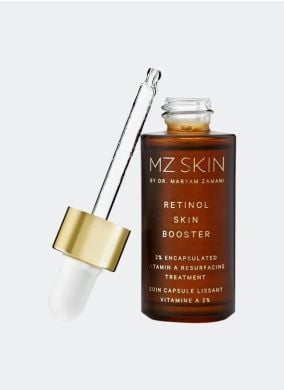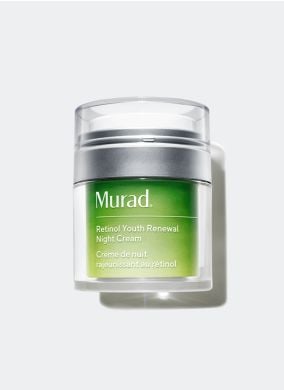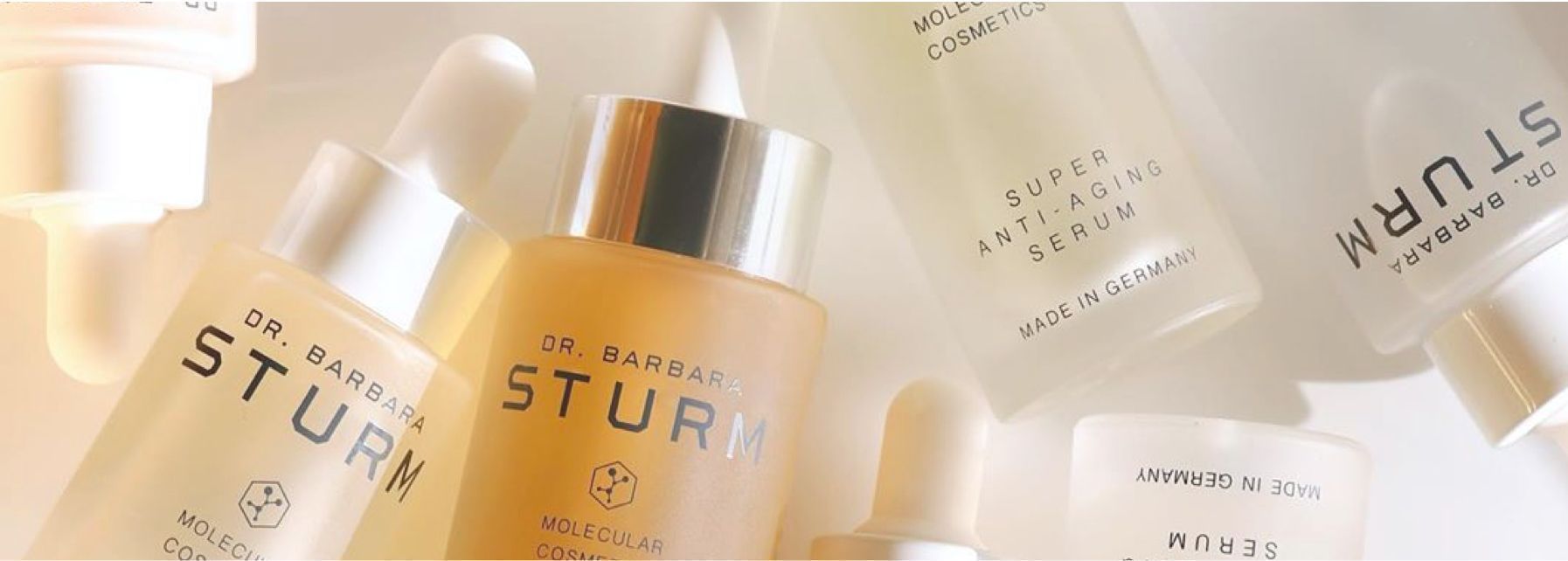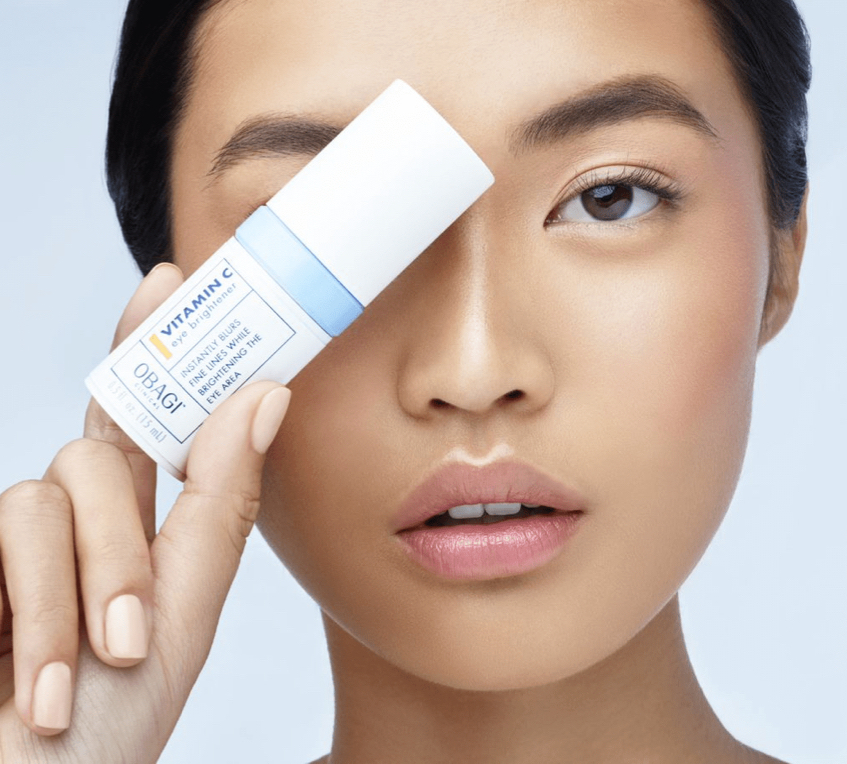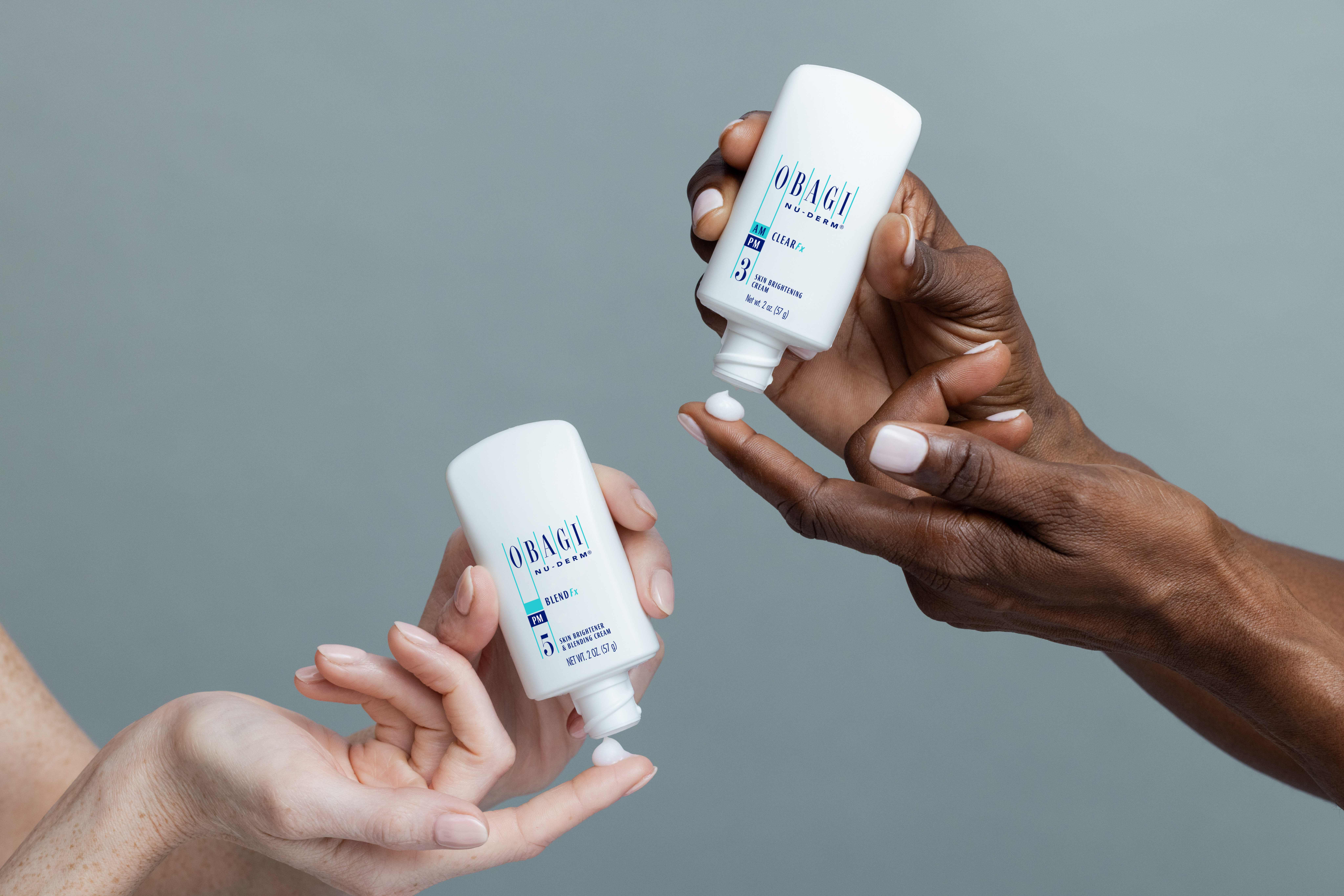Stick to using gentle products alongside Retinol, ensuring products are applied one by one, each having time to fully absorb. If using additional ‘active’ products, consider using these on alternative days to Retinol to avoid skin irritation. However, patients who are on a prescriptive skincare regime or using any topical medicines should refer to their clinician, as some medicines may interact or increase irritation, for example, Benzoyl Peroxide and Salicylic Acid should not be used in conjunction at the same time as Retinol but could be used on alternative days. People respond differently to the use of retinol, so if you’re unsure how to incorporate it into your routine, book a virtual consultation with our clinical team for bespoke advice.
Peptides are short chains of amino acids that act as building blocks of proteins such as collagen, elastin and keratin. They trigger the skin to perform certain actions, such as creating more collagen to make skin look and feel more youthful.
Vitamin A products, such as retinol, speed up the skin's cell rejuvenation process which naturally slows down as we age. By speeding this process up, healthier, younger-looking skin is continually brought to the surface.
Night creams are generally thicker in texture which is ideal for gradually absorbing into the skin overnight. However, in the daytime, thick creams can feel too heavy on the skin and under makeup. Additionally, night creams may contain ingredients such as retinol which should only be applied at night and, similarly, are likely to omit important protective ingredients for the daytime, such as antioxidants and SPF.
Bisabolol is a powerful skin-calming agent derived from the German chamomile flower and it can offer a sweet floral botanical aroma. As an antioxidant, it protects the skin from free radical damage and helps to improve the visible signs of ageing.


